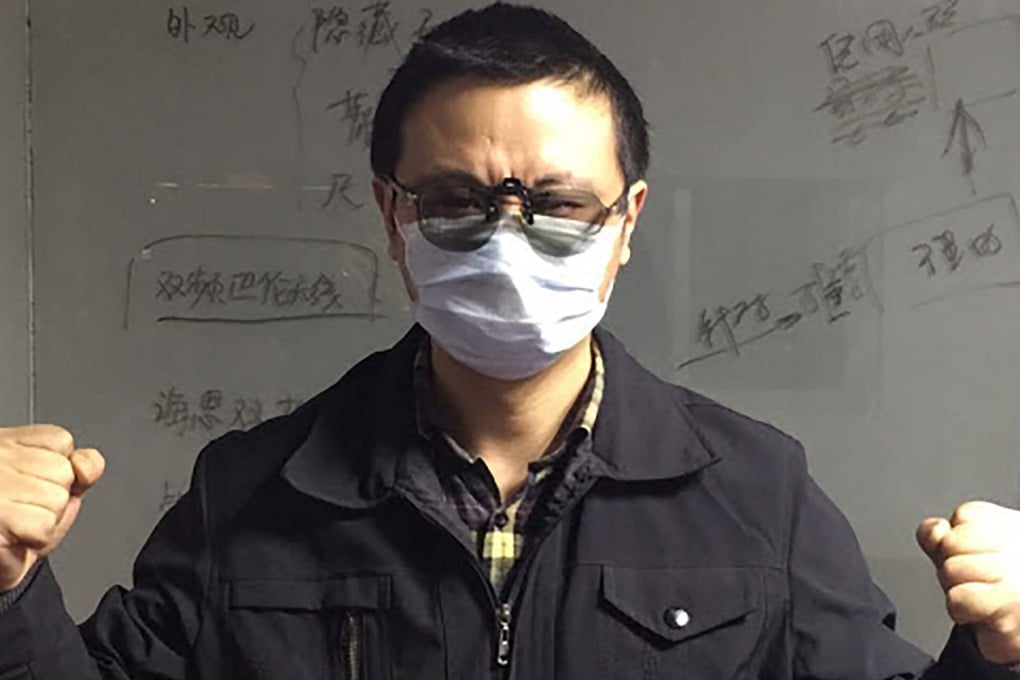Lawyers detained in China over courtroom video of prosecutor admitting errors
- Lawyers Zhou Xiaoyun and Nie Min have been detained on suspicion of ‘picking quarrels and provoking trouble’
- Zhou’s own lawyer says the video in question was already in the public arena so it would be inconceivable if Zhou was being detained for circulating clips

The public security bureau of the city of Panjin in the northeastern province of Liaoning, said on Thursday it had detained Zhou, as well as Chengdu-based lawyer Nie Min, on suspicion of “picking quarrels and provoking trouble”, a catch-all offence often used by authorities to muzzle dissent.
“The lawyers Nie and Zhou were jointly planning, Nie provided materials, [their client] provided remuneration to Zhou … and [he] published and spread fabricated false information on the internet at home and abroad,” the bureau said in a statement published on its official account on Weibo, an online microblogging platform.

Zhou’s detention in Panjin is connected to his role as a defence lawyer for a group of men accused by the bureau of being loan sharks.
The case opened in June 2020 and the trial drew public attention because of a prosecutor’s statements in court, which were recorded and uploaded to the Chinese courts’ official website for live-streaming trials.